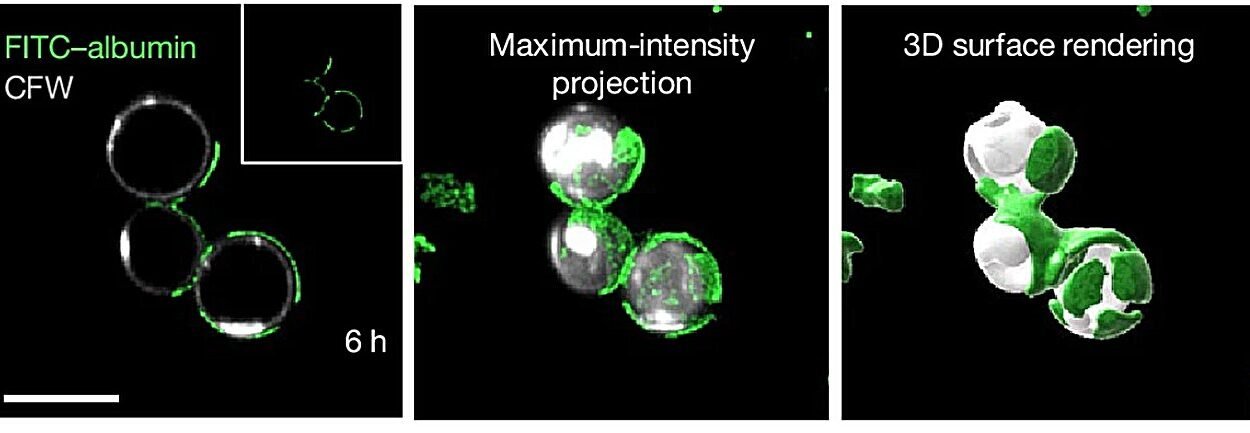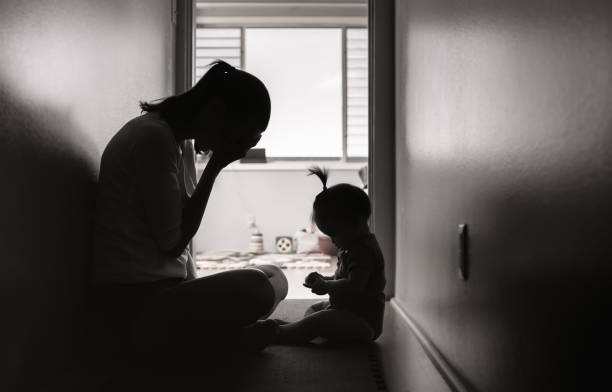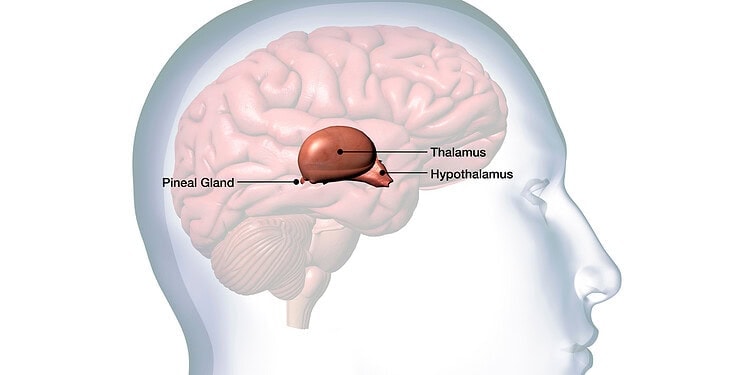A child’s early years are filled with moments that may seem fleeting at the time—hugs at bedtime, gentle encouragement after failure, or soothing words in distress. Yet, these everyday acts of warmth may leave a lasting imprint that echoes well into adulthood. A compelling new study, published in American Psychologist, finds that children who receive more affection from their mothers grow into young adults who are more open to experience, more conscientious in their behavior, and more agreeable in their social interactions.
Led by Dr. Jasmin Wertz of the University of Edinburgh, this study dives deep into one of psychology’s most enduring questions: how much of who we become is shaped by parenting, and can those effects be traced beyond childhood? The findings, drawn from one of the most rigorous and long-running twin studies in the United Kingdom, suggest that maternal warmth may do more than soothe toddlers—it may sculpt the emotional and social architecture of their adult personalities.
Tracing the Roots of Who We Become
For decades, psychologists have tried to untangle the many threads that form personality. Traits such as openness, conscientiousness, extraversion, agreeableness, and neuroticism are known to influence everything from academic and career success to relationships and mental health. They’re sometimes labeled “socioemotional skills” and have become a focal point for education and health policy alike.
Yet a major uncertainty has remained: how malleable are these traits, and to what extent can parenting shape them? Twin studies have often emphasized the genetic underpinnings of personality, sometimes concluding that environmental effects are limited, unpredictable, or even random. Wertz and her colleagues set out to test whether the emotional climate of parenting, especially maternal affection, could leave a reliable and measurable mark—even in identical twins who share every gene and the same household.
The Power of a Hug: How the Study Was Designed
The researchers used data from the Environmental Risk (E-Risk) Longitudinal Twin Study, which has been tracking more than a thousand same-sex twin pairs born in 1994–1995. This uniquely powerful design allowed them to focus on monozygotic twins, whose shared genetic code and family environment eliminate many confounding variables. Any differences in outcomes between them can thus be more confidently attributed to experience—including the kind of parenting each child received.
To measure maternal affection, mothers were asked to speak freely about each of their children at ages 5 and 10, using the Five-Minute Speech Sample method. The emotional tone and content of these recordings were then carefully analyzed for expressions of warmth and dissatisfaction. When the children turned 18, their personalities were assessed not just through their own self-reports, but also through interviews and ratings by other family members—providing a robust, multi-perspective view.
Warmth Leaves a Signature on the Soul
The findings were both striking and nuanced. Across the entire sample, children who received more maternal warmth scored higher in openness, conscientiousness, and agreeableness. They also showed modest increases in extraversion and slight reductions in neuroticism. But what truly stood out was the within-twin comparison. Even among identical twins living under the same roof, the one who had received more affection from their mother during childhood was consistently more likely to be open-minded, reliable, and socially considerate as a young adult.
Importantly, these associations held even after controlling for early behavioral problems, experiences of maltreatment, and the broader family support environment at age 18. This careful statistical control allowed the researchers to isolate the impact of maternal warmth from other possible influences, strengthening the case that parenting matters in ways that are both specific and enduring.
However, not all personality traits showed the same sensitivity to parenting. When the team looked at extraversion and neuroticism in the twin comparison models, the earlier correlations disappeared. This suggests that those traits may be more tightly bound to genetic or shared environmental factors, and less susceptible to the individual nuances of parenting.
Beyond Behavior: Why This Matters for Society
Dr. Wertz emphasizes that the implications of the findings extend well beyond individual families. Traits like openness and conscientiousness are associated not only with personal well-being, but also with societal contributions—whether through responsible citizenship, innovation, or social cooperation. “The personality traits we found effects for are not only important for young people themselves,” she explains, “but they also matter for how they contribute to society. Supporting parents can therefore have a wide-reaching positive impact.”
This point is crucial. While interventions aimed at improving childhood development often focus on education or healthcare, the study suggests that strengthening the emotional bond between parent and child—through support, mental health treatment, or financial security—could be just as vital. Parenting programs, especially those that coach caregivers in building affectionate and responsive relationships, may not only reduce behavioral problems but actually shape the adult personality in durable ways.
A Quiet Rebuttal to Genetic Determinism
The research also presents a thoughtful challenge to a more deterministic view often associated with behavioral genetics—that the details of one’s development are shaped mostly by chance or the unchangeable lottery of DNA. While it’s clear that genes play a significant role in personality, this study demonstrates that specific, identifiable experiences—like being treated with affection by a parent—can also create real, lasting change.
That said, the researchers urge caution against oversimplifying or overstating the findings. The differences in personality, while statistically significant, were modest. As Wertz puts it, “The findings should not be misinterpreted to mean that affectionate parenting is all that matters for personality.” Indeed, the results highlight one piece of a much larger puzzle, where genetics, peer interactions, culture, life events, and educational experiences all interact in complex ways.
The Story Isn’t Over
The participants in the study are still being followed, and future updates may shed more light on whether the effects of maternal affection continue into middle adulthood or change over time. The researchers are also planning to replicate the study in a German sample to see whether these findings hold across different cultural and national contexts.
This kind of longitudinal, cross-national research is rare and valuable. It pushes back against easy answers and invites a more nuanced understanding of how human personality forms and evolves. More importantly, it underscores the extraordinary power of seemingly ordinary moments—like a mother’s kind word, a comforting touch, or a shared laugh—to shape the people we become.
A Gentle Revolution in Child Development
In an age saturated with technology, performance pressures, and rapid change, this study brings us back to a timeless truth: love matters. Not in an abstract, sentimental way, but in real, measurable, personality-shaping ways. Warm, affectionate parenting appears to be one of the most enduring forces in human development—one that leaves its mark not just in childhood memories, but in the very structure of our character.
And so, amid the noise of modern parenting advice and conflicting expert opinions, this study offers a quiet but powerful message: be kind, be warm, and be present. These may be the most important gifts a parent can give. Not only for the child’s present happiness, but for the adult they will one day become.






